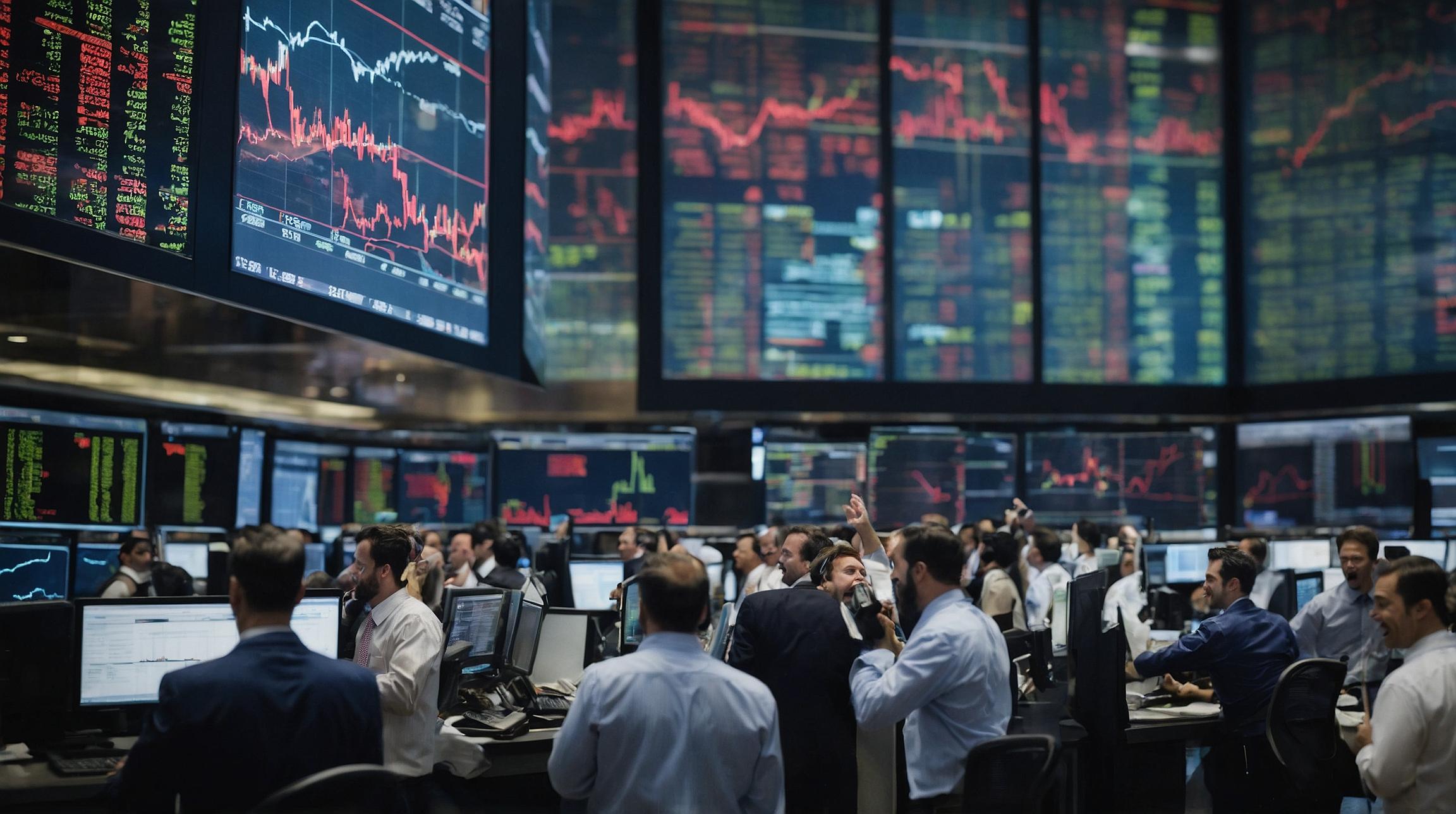EU Considers Sanctions on Tech Firms, Including Chinese Companies, for Supporting Russia's Ukraine War Efforts
In a decisive move that could reshape its international trade relationships, the European Union is reportedly mulling over the introduction of sanctions against at least two dozen firms accused of aiding Russia's military actions in Ukraine. Among these, three Chinese companies, alongside businesses from Hong Kong, Serbia, India, and Turkey, are under scrutiny for their alleged role in bolstering Russia's technological and military capabilities.
Major Step in EU's Foreign Policy
This potential round of sanctions, revealed through a draft document accessed by Bloomberg, represents a significant shift in the European Union's stance towards China, a country considered one of its most crucial trading partners. The move, if adopted, would mark the first instance of the EU imposing restrictions on Chinese firms since the onset of the Ukraine crisis in February 2022.
Tech companies form the majority of the entities listed in the draft document, cited as "contributing to Russia's military and technological enhancement." The implications of such sanctions would prohibit European companies from engaging in trade with the identified firms, effectively attempting to close loopholes that have allowed Russia to access sanctioned goods via non-western channels.
Resistance and International Relations
Historically, sanction proposals against Chinese firms have encountered resistance within the EU, with previous attempts being shelved after some member states objected and Beijing provided assurances. However, with the escalation of the Ukraine conflict and the continuous EU efforts to isolate Russia economically, the current proposal gains immense significance.
The draft sanctions list also extends beyond China, including firms from Hong Kong, Serbia, India, and Turkey, some of which are being targeted by the EU for the first time. The explicit naming of the companies has been withheld due to legal considerations, but it's clear that the primary focus is on entities involved in the import and re-export of banned technological and electronic goods to Russia.
Unified EU Action Required
For the sanctions to be implemented, unanimous approval from all 27 EU member states is needed. This comes as part of a broader strategy by the EU, which has already sanctioned over 620 companies, predominantly Russian, in a bid to deter the procurement of sanctioned items through alternative means.
Germany, which considers China its largest automotive market, and the broader EU, which views Beijing as a key trade ally, might face significant economic and diplomatic repercussions if these sanctions proceed. The situation underscores the complex balance the EU must navigate between maintaining its principled stand on Ukraine and safeguarding its economic interests.
Amidst international concerns over the conflict in Ukraine, this bold move by the European Union signifies a pivot towards tighter restrictions on nations and companies perceived as supporting Russia's war efforts. The global community watches closely as the EU contemplates taking a historic step in its sanctions policy, potentially altering the landscape of international trade and diplomatic relations in the process.
(With inputs from agencies)
Analyst comment
Neutral
As an analyst, if the EU implements the proposed sanctions on tech firms, including Chinese companies, it could have significant economic and diplomatic repercussions for both Germany and the broader EU. It remains to be seen if all 27 EU member states will unanimously approve the sanctions. However, if implemented, it would represent a major step in the EU’s foreign policy and could reshape its international trade relationships. This move by the EU reflects its efforts to isolate Russia economically and deter the procurement of sanctioned items through alternative means. The impact on the market will depend on the specific companies affected and the response from China and other countries involved.













